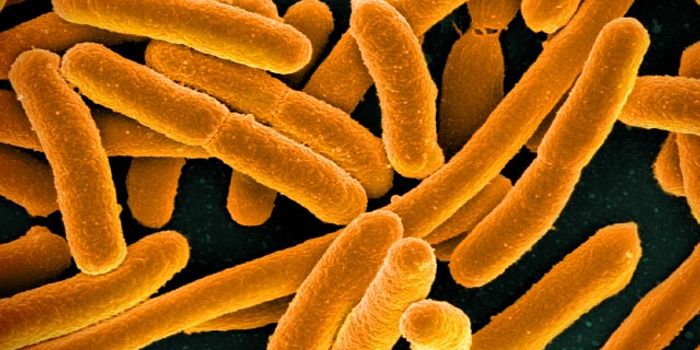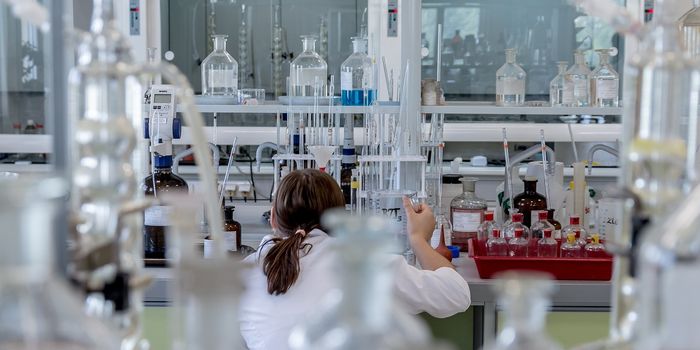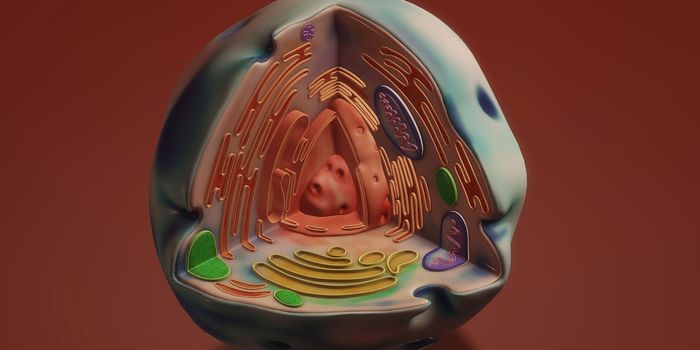Learning More About How Mosquitoes Gain Resistance to Insecticides
When insecticides are used repeatedly over time to kill mosquitoes, they become less effective as the insects gain resistance to their impacts. Scientists studying two types of mosquitoes that are major carriers of disease in West Africa, called Anopheles gambiae and Anopheles coluzzii, have now discovered a way that these mosquitoes become insecticide-resistant. Their research revealed binding proteins that sit on the legs of mosquitoes, and these proteins are found at high levels in resistant populations. The work has been reported in Nature.
"We have found a completely new insecticide resistance mechanism that we think is contributing to the lower than expected efficacy of bed nets," said the first author of the study, Dr. Victoria Ingham. "The protein, which is based in the legs, comes into direct contact with the insecticide as the insect lands on the net, making it an excellent potential target for future additives to nets to overcome this potent resistance mechanism."
By assessing Anopheline mosquitoes, the researchers found that the binding protein, called SAP2, was not only expressed at high levels in resistant mosquitoes, levels of the protein were even higher after the insect was exposed to pyrethroids, a type of insecticide used on bed nets. After using genetic engineering to lower the levels of SAP2, the scientists determined that the mosquitoes became partially susceptible to pyrethroids again. They also showed the reverse effect; mosquitoes that were vulnerable to the insecticide lost some of that vulnerability when their SAP2 levels were engineered to be higher.
As mosquitoes began to gain resistance to insecticides, a new bed net treatment was created that utilizes a synergist called piperonyl butoxide (PBO) in addition to the pyrethroids. The synergist takes aim at a potent resistance mechanism that involves cytochrome P450s. New mechanisms of resistance are constantly evolving, however. The discovery of this new mechanism may help researchers identify new chemicals that can restore susceptibility in mosquitoes that carry disease.
"Long-lasting insecticide treated bed nets remain one of the key interventions in malaria control. It is vital that we understand and mitigate for resistance within mosquito populations in order to ensure that the dramatic reductions in disease rates in previous decades are not reversed. This newly discovered resistance mechanism could provide us with an important target for both the monitoring of insecticide resistance and the development of novel compounds able to block pyrethroid resistance and prevent the spread of malaria," explained the senior study author, Professor Hilary Ranson of the Liverpool School of Tropical Medicine.
Professor Ranson is featured in the video above; she discusses eliminating malaria in Africa at the World Malaria Day Symposium.
Sources: Phys.org via Liverpool School of Tropical Medicine, Nature









